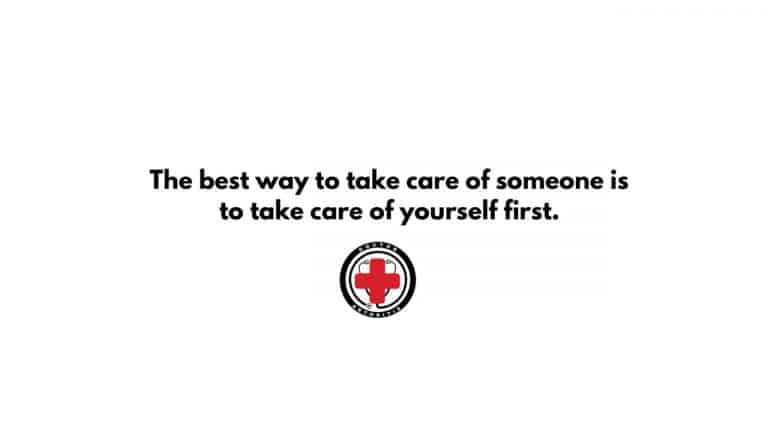With over 1 million orders

DR. ARTHRITIS TIPS: MAKE SURE YOUR CAREGIVERS AVOID BURNOUT
When it comes to caregiving, remember: the best way to take care of someone else is to take care of yourself first.
While we often share tips and write about our own experiences of what it’s like to live with arthritis, we’d like to flip things around a bit today and talk about the caregivers who help us through its challenges.
Caring for someone who suffers from chronic pain can be rewarding, true. But let’s be honest—it can also take a mental, emotional, and physical toll on anyone. That said, caregivers become very prone to burnout. And recognizing the signs early on makes you better equipped to address it.
A caregiver may be experiencing burnout if they are exhibiting the following—
- Trouble sleeping
- Low energy
- Inability to relax
- Getting sick often
- Exhibits feeling of hopelessness, sadness, or anger
- Shorter temper and patience
- Growing feelings of resentment towards the person you’re caring for
- Withdrawing from friends and family
- Loss of interest in normally enjoyable hobbies
- Changes in eating habits
As a caregiver, if you’re starting to exhibit any of these symptoms take note of these tried and tested ways to prevent and deal with burnout—
1. Speak to someone
Find someone who you can open up to—a friend, family member, or colleague. If you feel like you could benefit from professional help, speak to a therapist or counsellor. There is no shame in speaking to someone who perfectly understands what you’re going through and can listen.
2. Write it down
Laying it all out on paper is a good way to release pent up thoughts and emotions. Write it all down and get it out. You’d be surprised at how much something as simple as this can help.
3. Join a support group
There are a lot of people out there who share the same struggles and challenges as you. They understand your challenges as a caregiver and can share their own anecdotes and stories. These groups are a great way to meet people who understand exactly what you’re going through and make you feel less isolated.
4. Set aside time for yourself
Just because you’re a caregiver doesn’t mean you can’t dedicate time to yourself. Ask if there’s a friend or family member who can relieve you of your duties. Even something as simple as taking a short break to drink a cup of tea or soaking in the tub can be a good way to enjoy some me time.
5. Stay healthy and learn to laugh
Your ability to provide care and support for someone who suffers from chronic pain is hinged on your own well-being—so be sure that you take care of it. Eat healthy, exercise when you can, get lots of sleep and learn to laugh.
Any caregiver tips that you’d like to share? Feel free to share it with us below.
